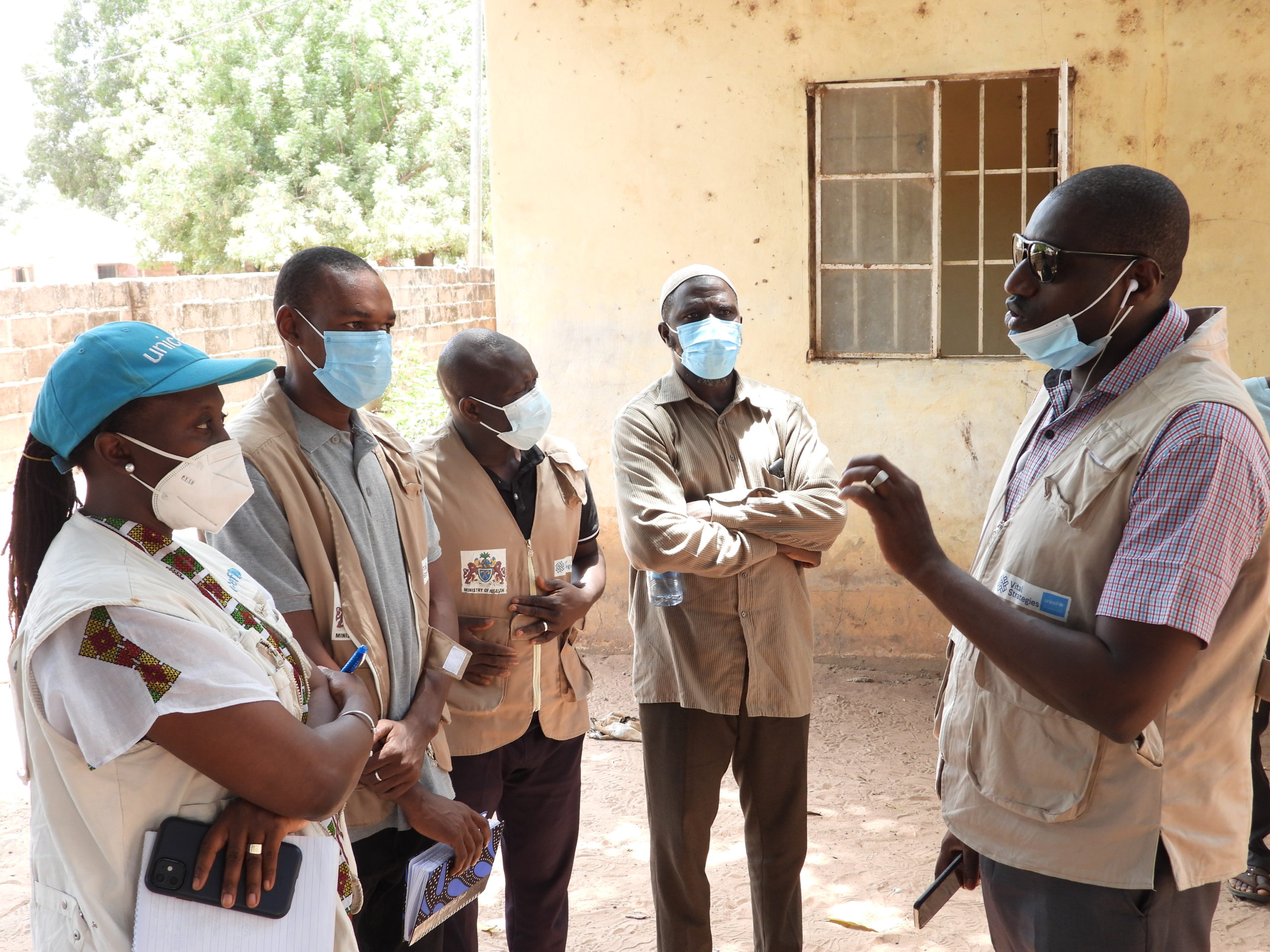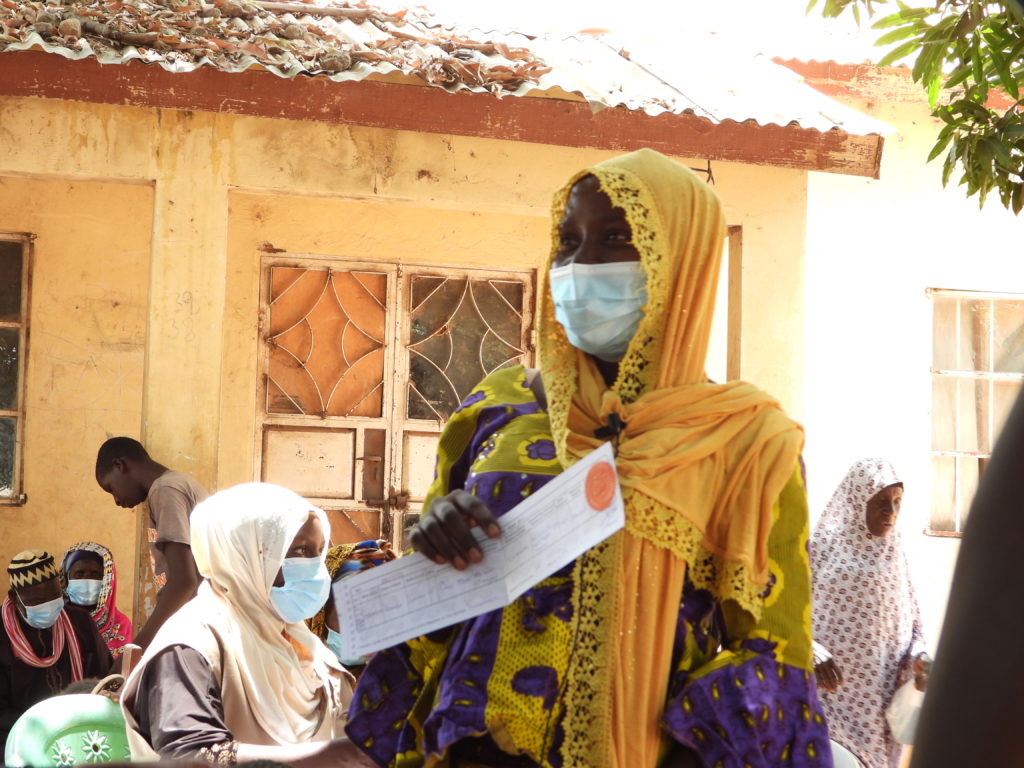
The COVID-19 pandemic has hit public health systems doubly hard: in too many places, the emergency response to rapidly rising caseloads has come at the expense of essential services. In The Gambia, health services such as birth and death registration, routine immunizations and access to medical staff were interrupted as the country went into a nationwide state of emergency. Rates of birth and death registration—which are crucial to unlocking social benefits such as education, access to healthcare, and securing inheritances and the right to vote—in particular saw a sharp decline.
Supported by Vital Strategies’ Global Grants Program, part of the Bloomberg Philanthropies Data for Health Initiative, The Gambian Ministry of Health addressed the issue by building a community-based surveillance system in the Lower River Region—an area especially at risk for the spread of COVID-19 due to its proximity to the trans-Gambia highway, a busy route which carries people and goods to and from surrounding Senegal, Mali and Guinea. In this kind of surveillance system, members of a community systematically identify and report local events of public health significance.
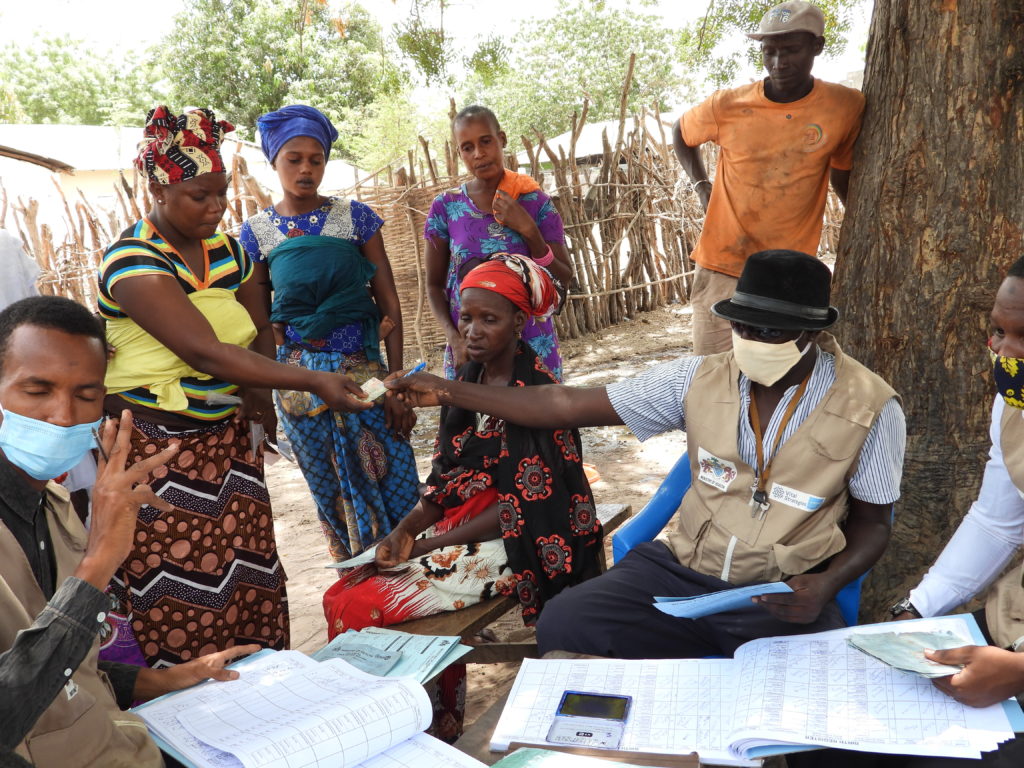
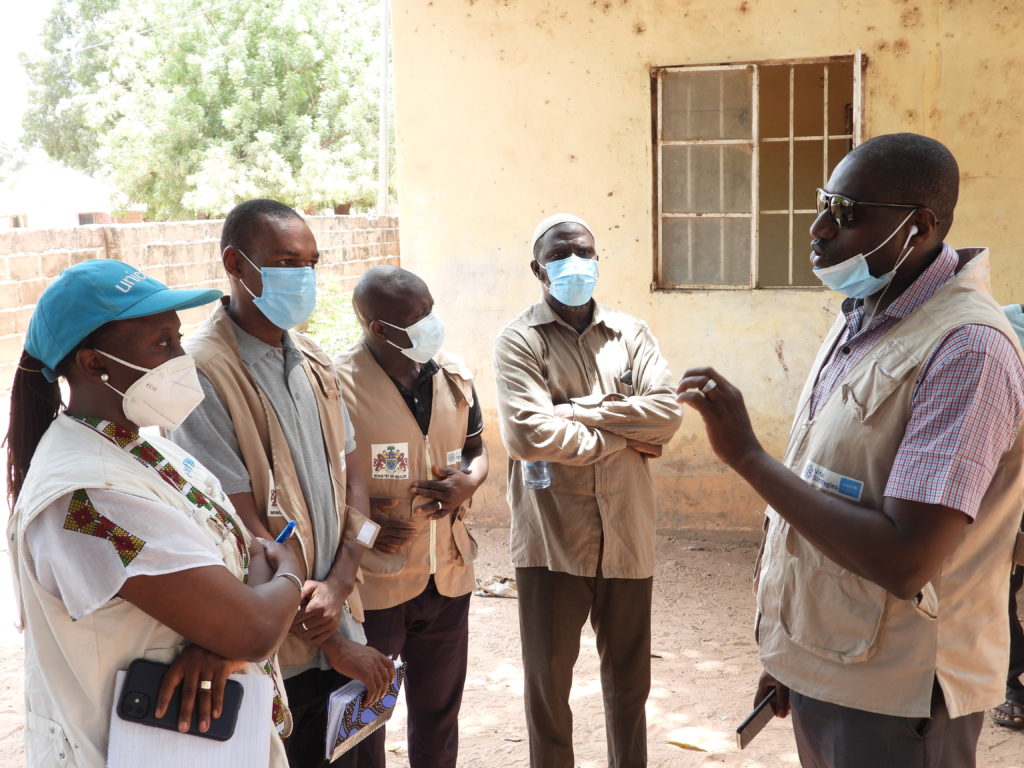
Leading this project was a large network of community volunteers previously established by the Ministry of Health and the Gambia Red Cross Society. Leveraging this network, the Global Grants Program supported the Ministry to train volunteers to detect and report signs of COVID-19, measles and acute flaccid polio in their own communities, while also bringing civil registration and vital statistics (CRVS) services to people’s doorsteps. Volunteers were provided with tools including registers, mobile phones and bicycles to easily find and assist families and households in their communities.
Since February 2020, volunteers have gone door to door looking for births or deaths that may have occurred without registration as well as signs of disease. These are verified by district surveillance officers and referred to members of the country’s Ministry of Health, COVID-19 Task Force or Births and Deaths Registry for treatment or follow-up action. In some communities and districts, volunteers have also held mass registration events, where families can actively report vital events like births and deaths.
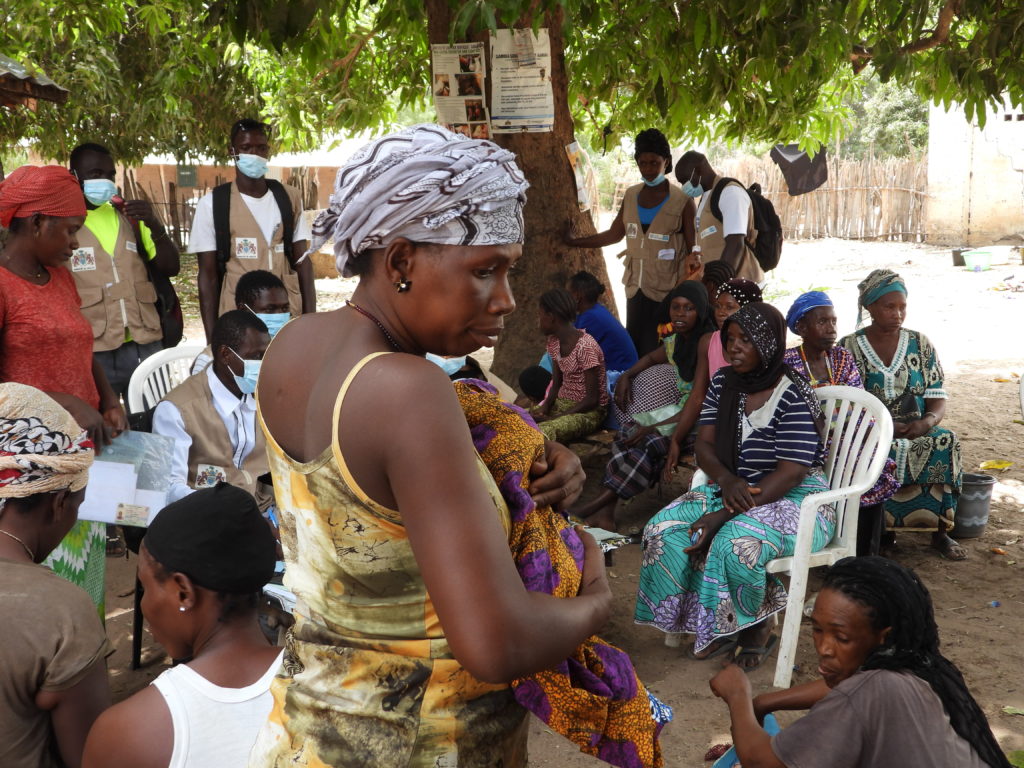
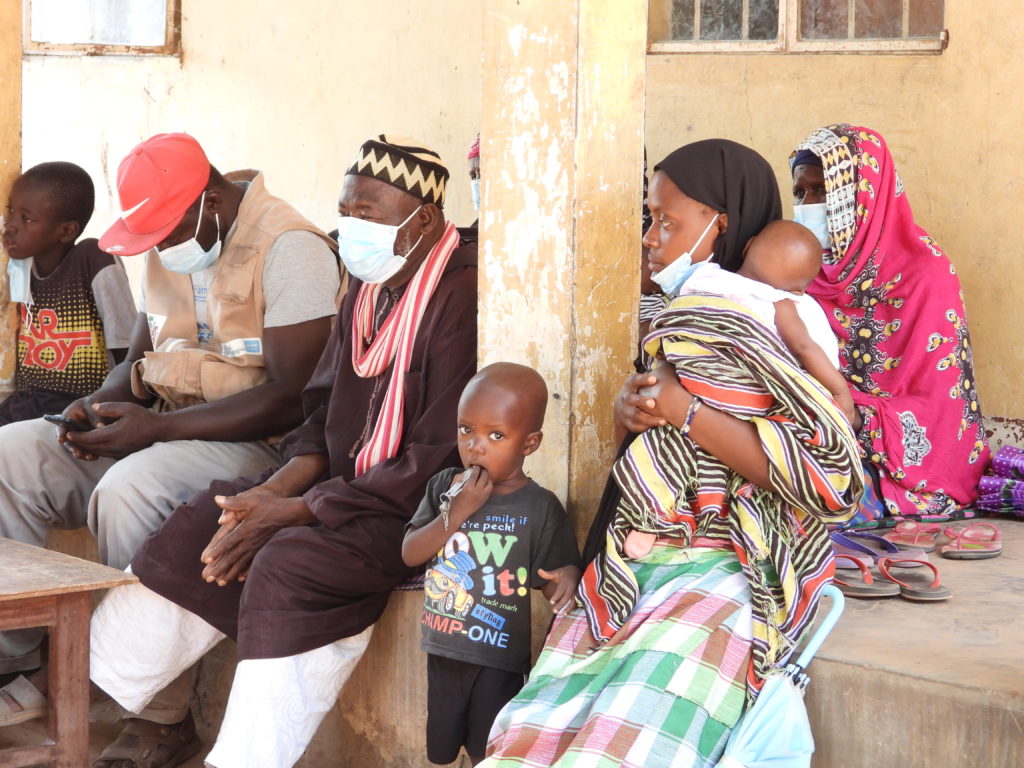
So far, the volunteers have visited more than 5,000 households from which 92 incidences of disease were identified. During this time, community volunteers also registered 3,218 births—resulting in an increase of 186% for registering children under 1 year old and an increase of 141% for children aged one to five, from 2020 to 2021. One hundred and two new death registrations since the project’s start also led to a large increase over the year before: 665%. Just last year, only 1.7% of households had registered deaths, compared to 13% in 2021. Further analysis of this data, as well as new insights on community perceptions of death registration, will be used by the Ministry of Health to target increased registration rates moving forward.
Given the success of the Lower River Region surveillance system, the Ministry of Health and Red Cross are working on a partnership through which this work can be formally integrated into the role of community volunteers nationwide, eventually serving more families and communities around the country. This will serve as the foundation to institutionalize community-based surveillance into routine programming and reporting efforts, with plans to scale the system to all regions of The Gambia. Doing so will fill a critical gap in access to civil registration and vital statistics services as well as enhance the country’s ability to identify and prevent the spread of infectious disease—and serves as an important investment in the infrastructure needed to tackle future epidemics.
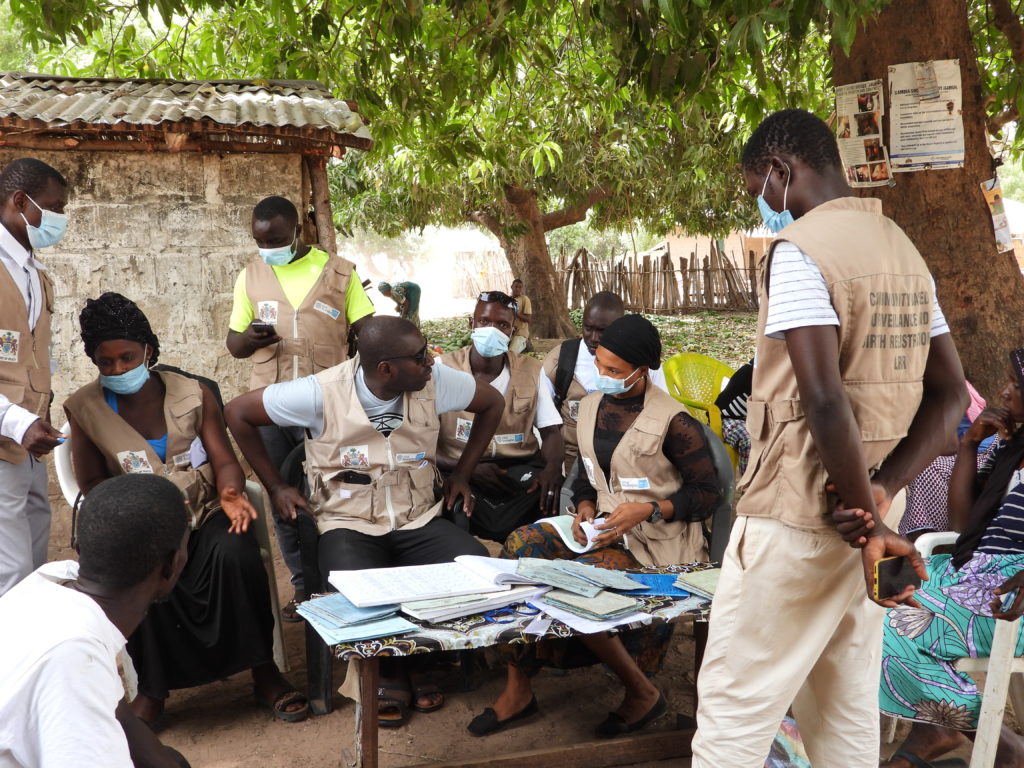
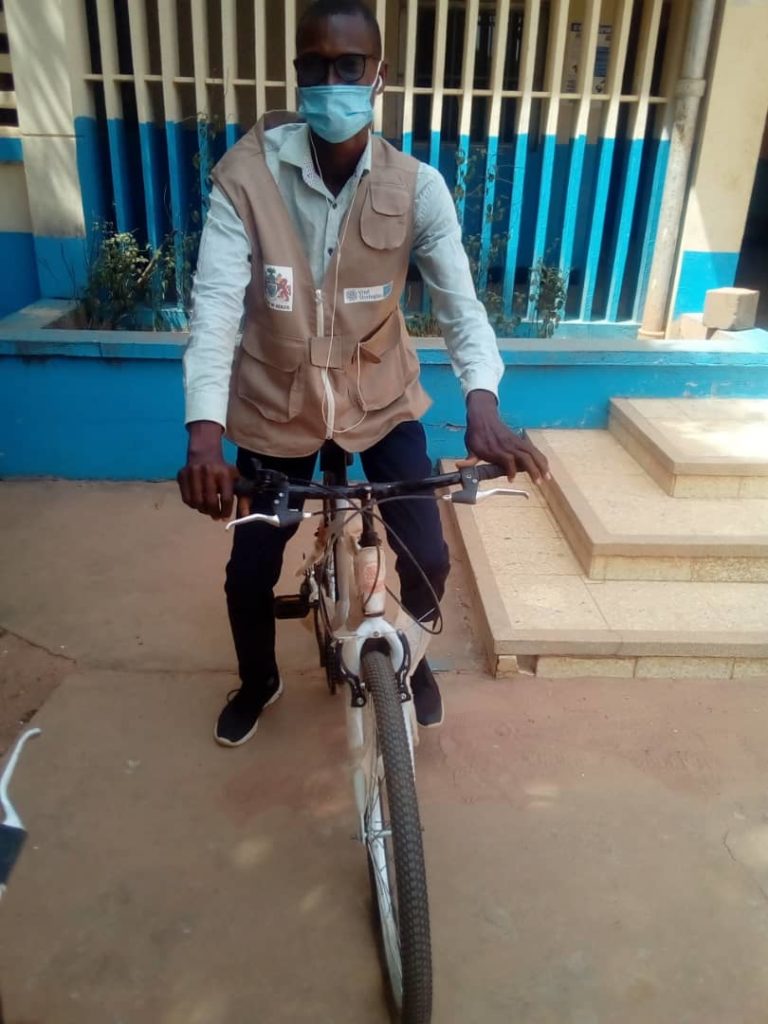
Get Our Latest Public Health News
Join our email list and be the first to know about our public health news, publications and interviews with experts.
